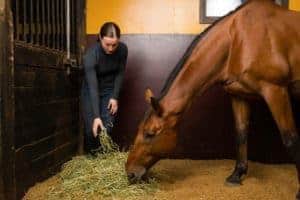
Feeding Horses With Equine Asthma
What should and shouldn’t horses with heaves (or equine asthma) eat? A nutritionist offers advice.


What should and shouldn’t horses with heaves (or equine asthma) eat? A nutritionist offers advice.

Can feeding copper help darken a horse’s coat and prevent sun-bleaching? Learn more about this important trace mineral.
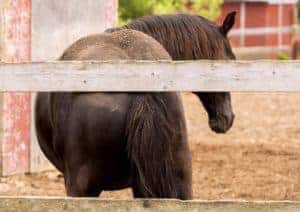
Do you have a horse with flaky skin and a dry mane and tail? The right feed might help.
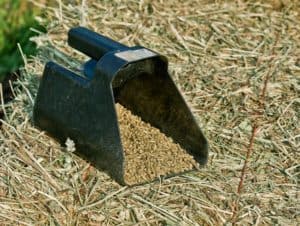
Researchers have shown feeding horses alfalfa prior to riding can help buffer stomach acid and offers relief for ulcer-prone horses. But is hay or a pellet better?
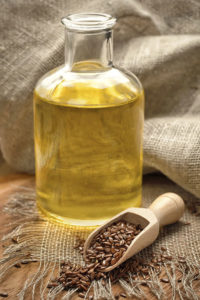
One equine nutritionist offers dietary advice that might help reduce inflammation and guard against gastric ulcers during NSAID treatment for uveitis.
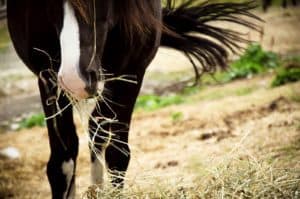
One expert explains whether horses that maintain body condition well on forage alone get enough protein from only eating hay.
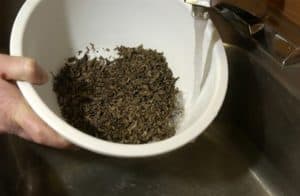
An equine nutritionist offers advice about soaking beet pulp and ensuring it’s safe for horses to eat.
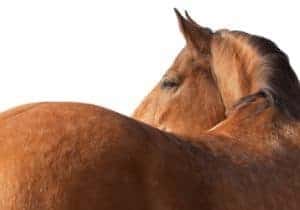
An equine nutrition expert addresses toplines, horse protein needs, and if whey is the way to go.
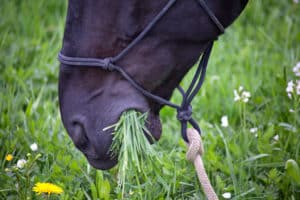
Abruptly putting a horse on pasture can lead to colic or laminitis. Here’s advice to help avoid health problems.
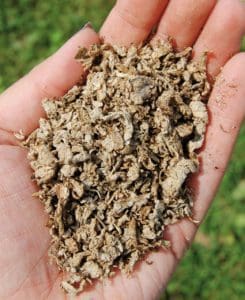
An equine nutritionist answers common questions about beet pulp, which has long been a mainstay in many feed rooms for horses, especially during the winter months.
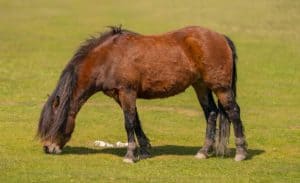
Find out how your horse’s diet could support shedding and his incoming summer coat.
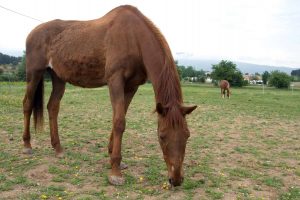
Internal parasites can damage horses’ digestive tracts, causing lifelong issues with nutrient absorption.
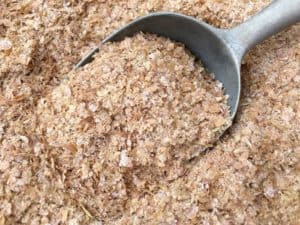
While steeped in tradition, feeding bran mashes can cause GI distress in horses. Learn why, and discover alternatives.
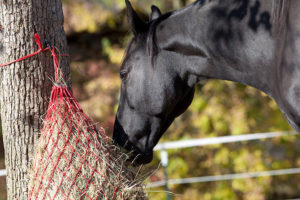
Get tips for ensuring your horse gets the nutrition she needs without eating all your money.
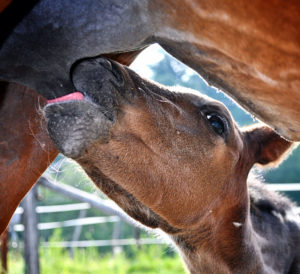
Sometimes mares don’t produce enough milk to support their foals’ demands. Here’s what you can do to help.
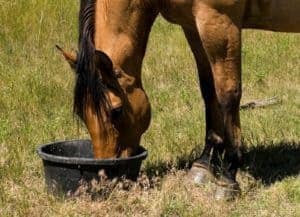
An equine nutritionist breaks down what’s in a grain-free feed and how you might increase calories for a performance horse consuming a grain-free diet.
Stay on top of the most recent Horse Health news with
© 2022 Copyright Statement dolor sit amet, consetetur sadipscing User Terms, sed diam nonumy eirmod tempor invidunt ut labore et dolore magna aliquyam erat, sed diam voluptua. At vero eos et accusam et justo duo dolores et ea rebum. Stet clita kasd gubergren, no sea takimata sanctus est Lorem ipsum dolor sit amet.